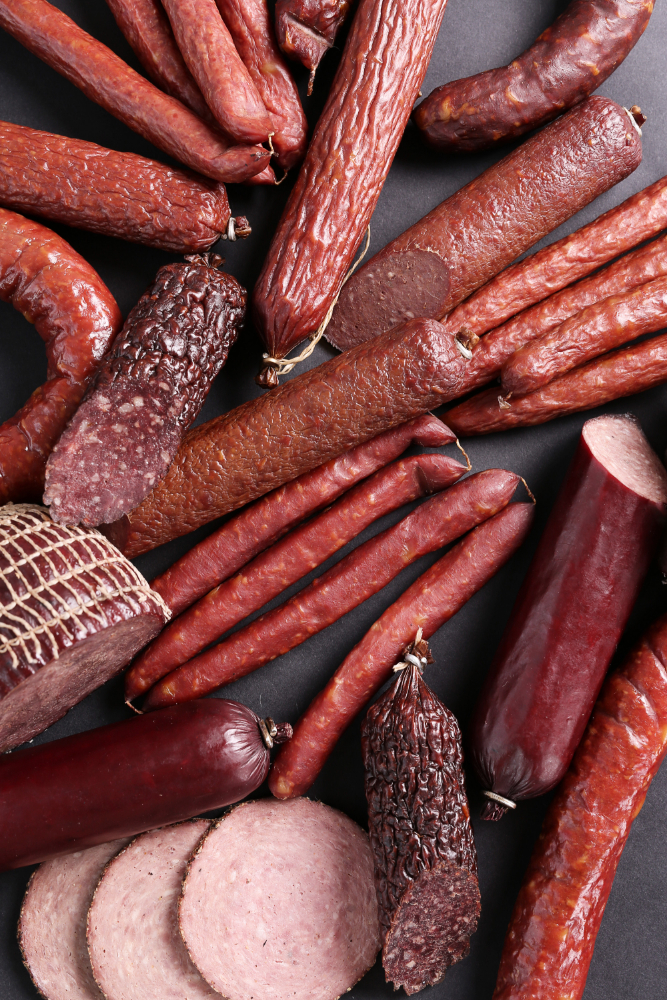An international study led by scientists from the University of Granada has isolated bacteria from traditional Granada sausages that improve the aroma of these products and increase food safety against listeria and clostridium bacteria, two causes of health alert.

The research is part of the BioProMedFood project shared by universities and companies from Spain, Italy, Croatia, Slovenia and Turkey and has analyzed traditional sausages that are made by hand in a slaughterhouse, to know the bacteria that make them up and isolate the beneficial ones.
Researchers have isolated bacteria from traditional slaughter products from the Alpujarra of Granada, the Sierra de Huétor or Alhendín that could be used as new native ferments.
Among the bacteria studied, the team has identified one that stands out for its ability to produce peptides that are active against listeria, one of the pathogens that most concerns the Spanish food sector.
The isolated bacteria are known to be safe and to produce a wide variety of unique traditional aromas that also provide extra safety by also being able to control microorganisms that are harmful to health.
The isolated bacteria destroy listeria, improve the sensory profile and reduce histamine levels in foods, making them safer for the consumer.
















